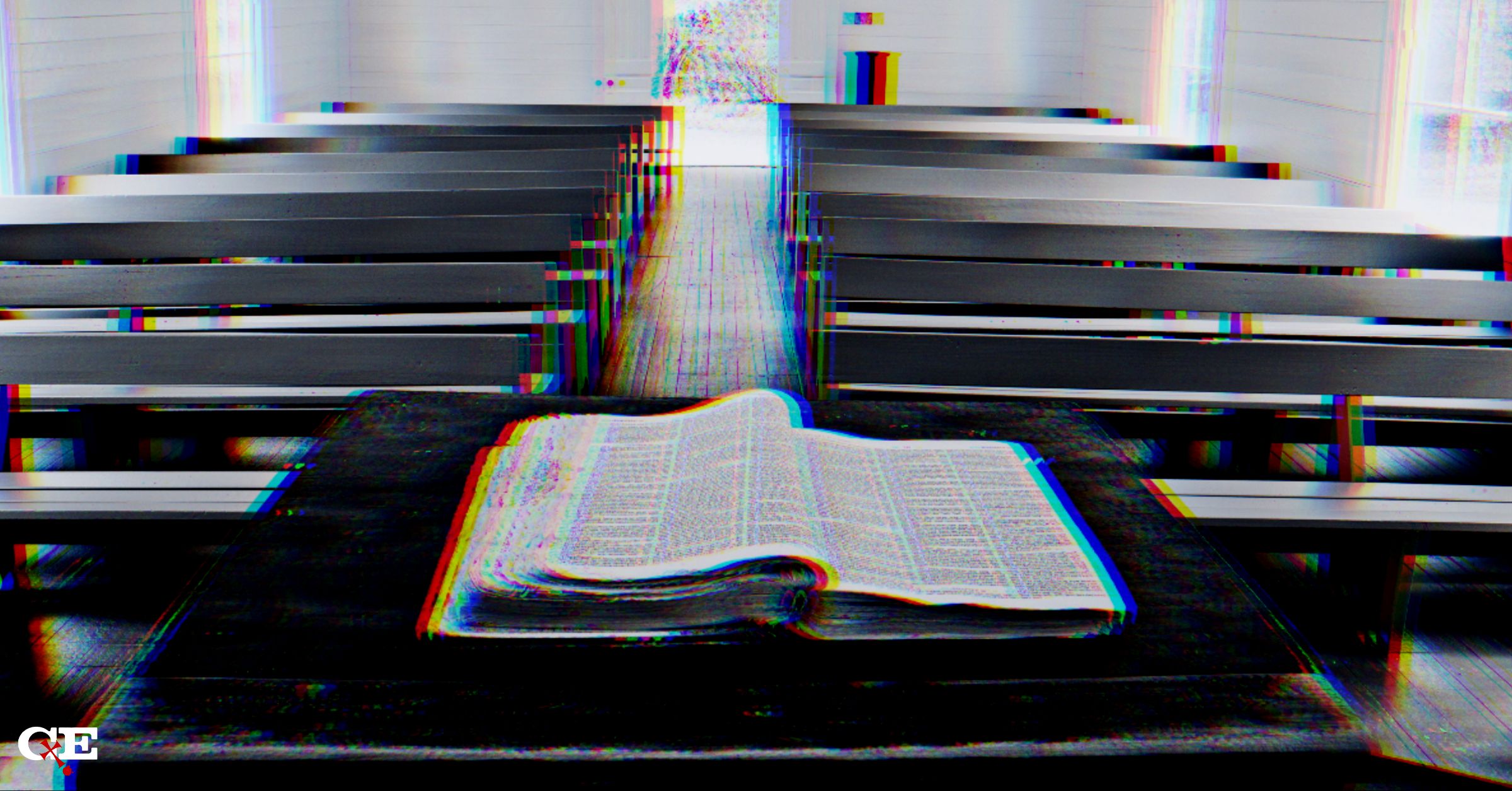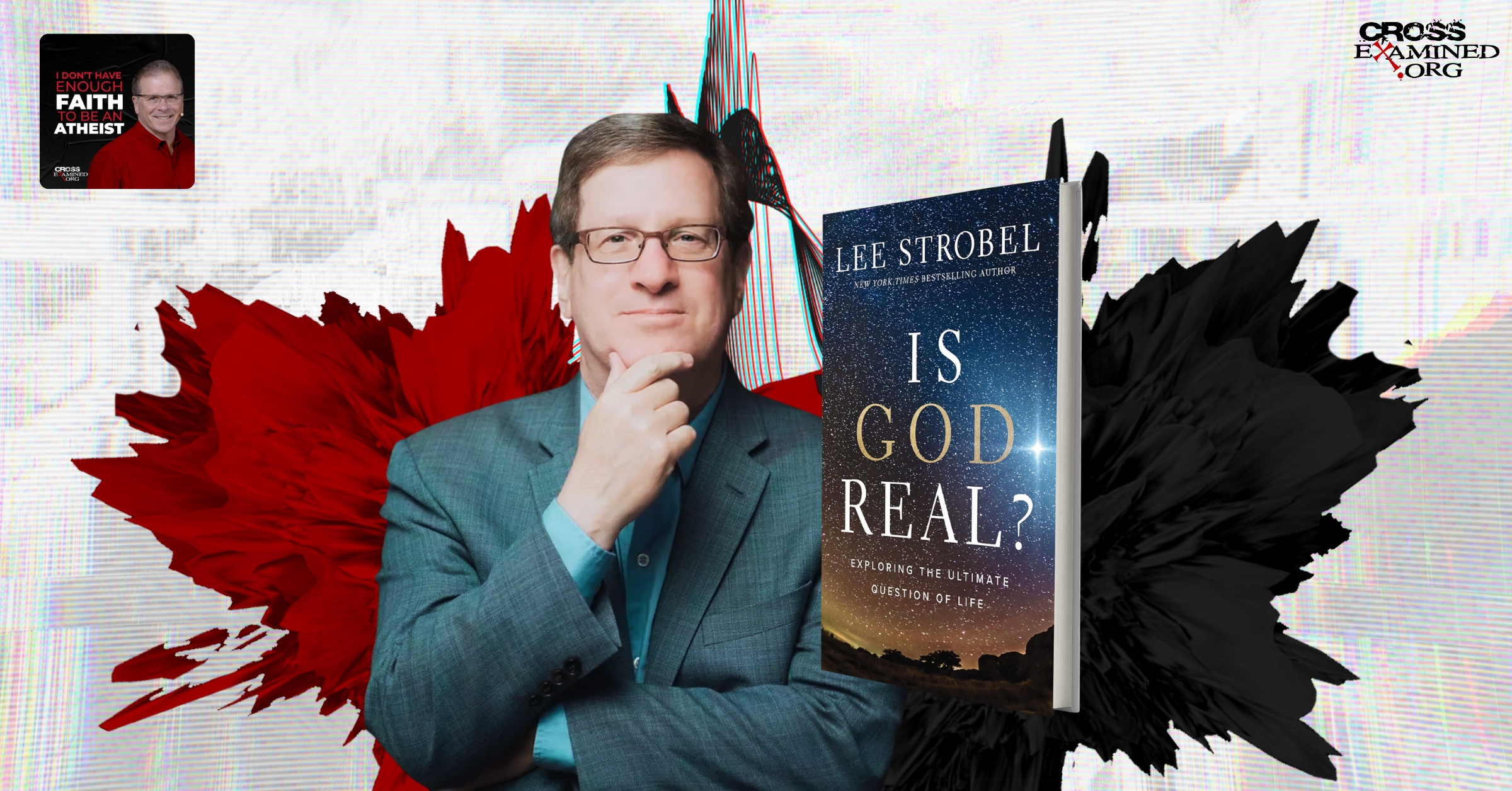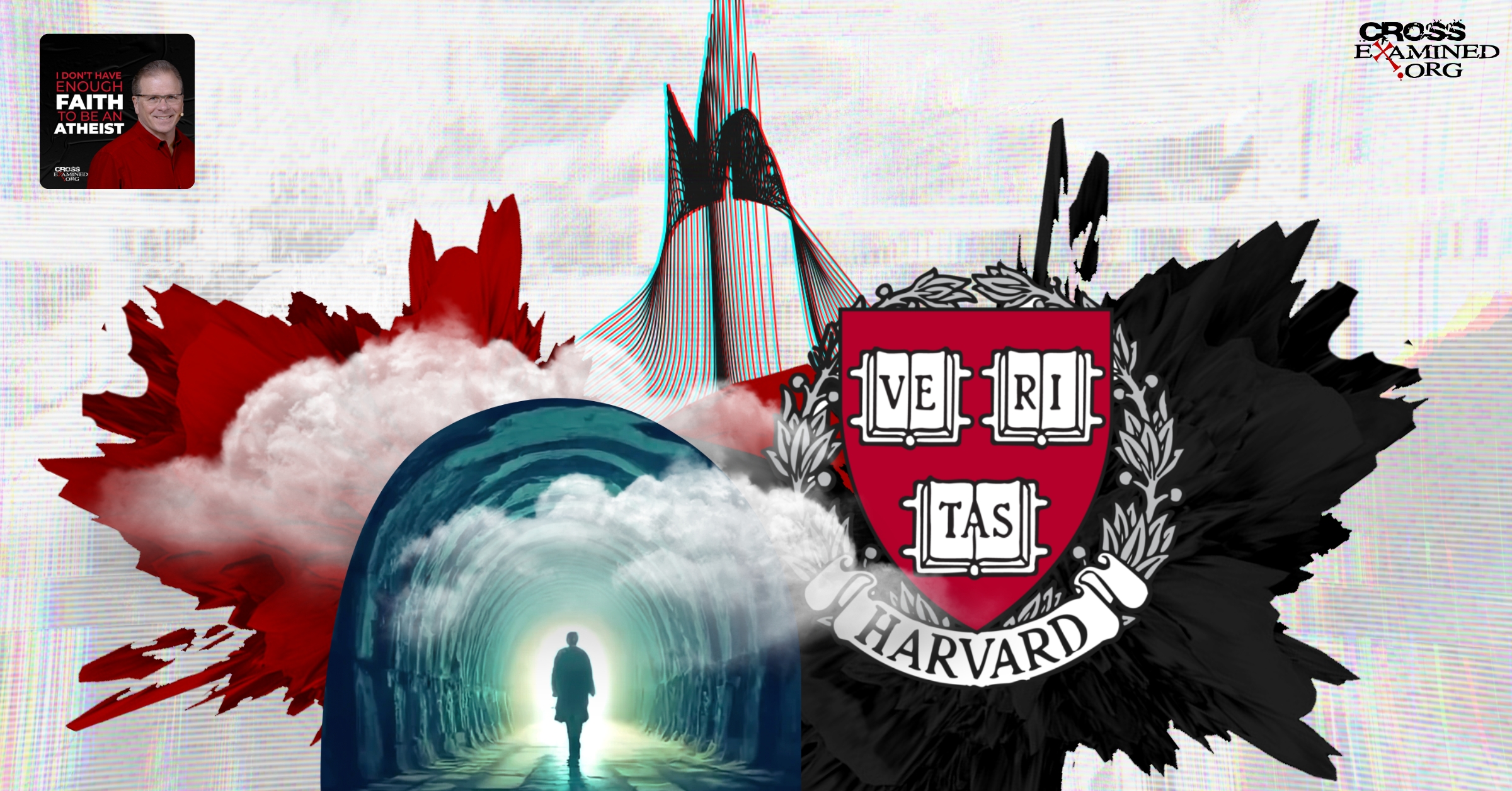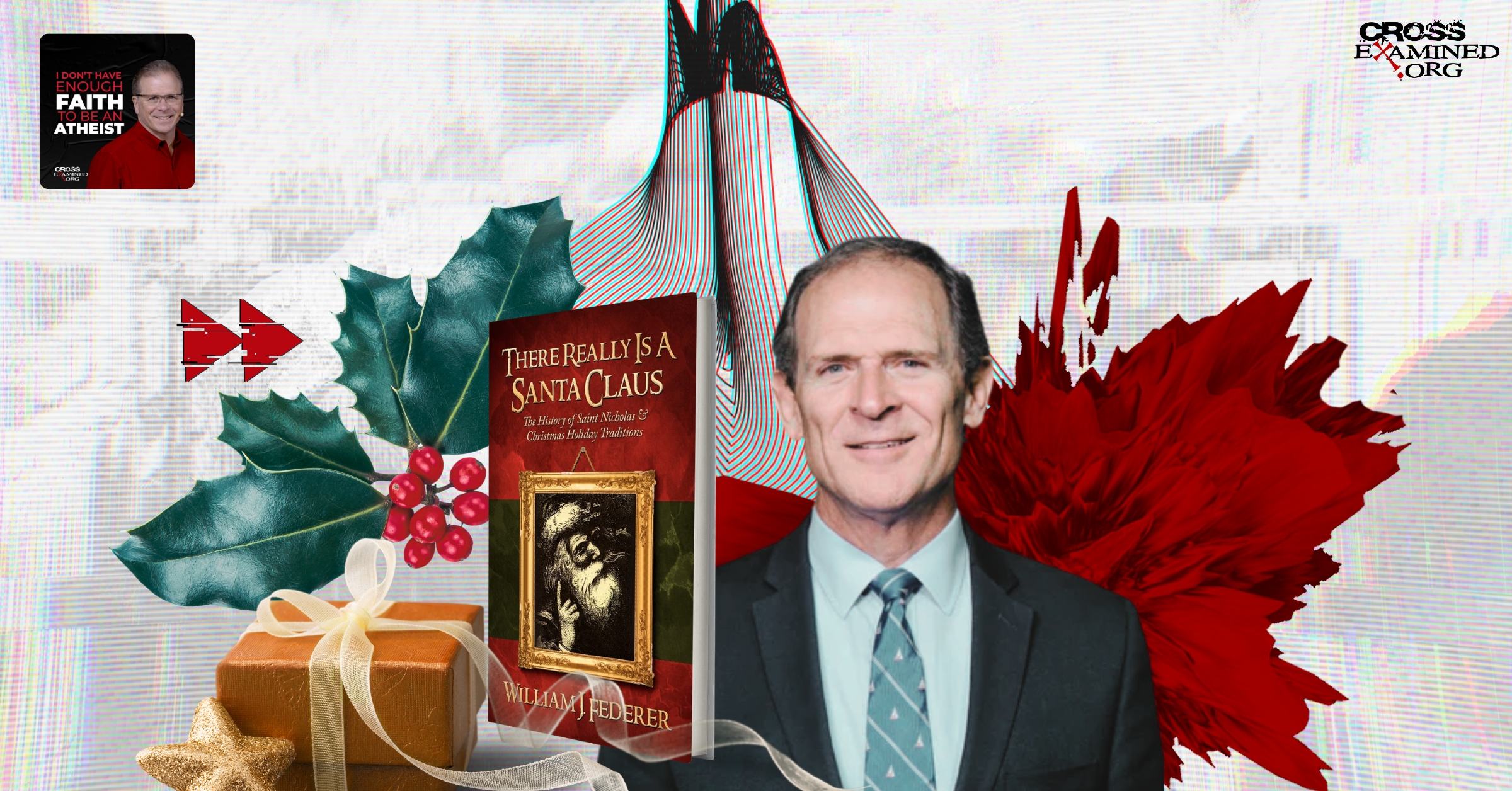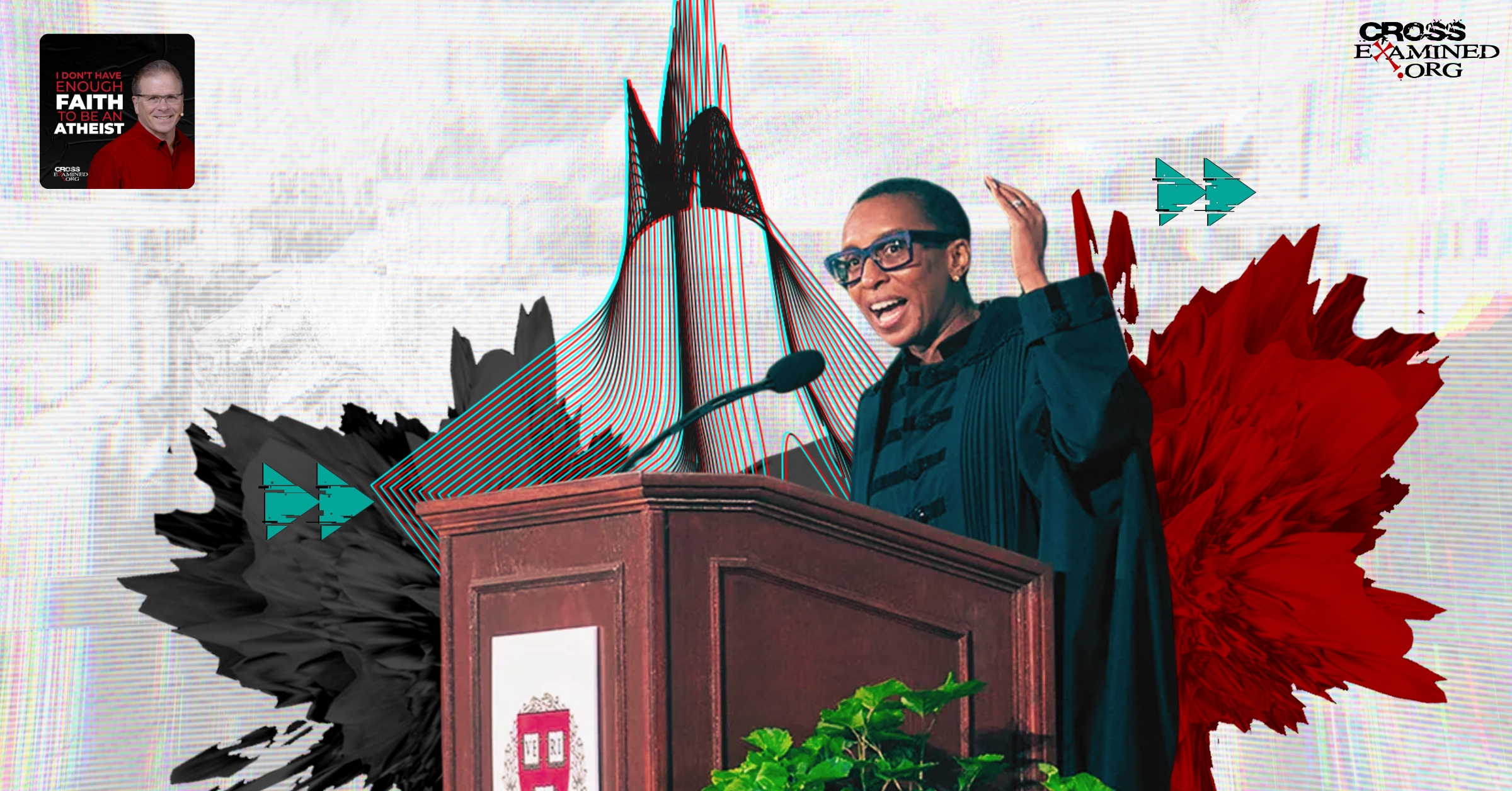While searching for some light entertainment one Saturday evening, I stumbled upon the exact opposite by way of a new 3-part docuseries on Netflix titled ‘Escaping Twin Flames’. With only a brief description to go by and a short preview that showed former members describing the abuse and manipulation they encountered during their time at something called ‘Twin Flame Universe’, the curiosity in me couldn’t resist diving in. What followed was an eye-opening look into the tremendous cost that thousands of people (women in particular) are willing to pay when the promise of love and wholeness is dangled in front of them.
The series also reveals the sinister lengths some individuals will take to exploit this deep-rooted need in humanity. It was both infuriating and heartbreaking to watch. But with an estimated 10,000 cults still operating in the USA[1], and an increase in online cults since the pandemic, it is important for modern-day Christians to be aware that though the vehicle of the message has changed, the message itself has not. Now with unfettered access to the vulnerable, these online leaders offer a false and costly solution to an age-old problem of human longing that has never been solved without Jesus Christ.
What is a Twin Flame?
While most people tend to view the idea of a “soul mate” as a complimentary relationship, the twin flame relationship differs in that it describes two pieces of the same soul reuniting. Though the term “Twin Flame” is relatively modern, the idea stems from Greek mythology where it was believed that humans originally had two faces, four arms, and four legs. Feeling threatened by humanity’s power and strength, Zeus split humans into two halves, forcing them to spend the rest of their lives in search of their other half.
Soulmates today are often viewed as a complimentary match, like two puzzle pieces, however, twin flames are viewed as two parts of the same whole, they mirror each other rather than complement each other. The appeal of this concept is the promise that finding such a person will allow you to fully and finally know yourself, find emotional and spiritual healing, fulfillment, and peace within the world. It also warns, however, that such a match is likely to amplify both one’s best and worse qualities as the two halves “mirror” each other.
There are two ways one can find their twin flame:
1. The universe brings them together.
2. A spiritual guide can identify the pair and match them (for a fee).
If your alarms bells aren’t ringing at this point, perhaps this will help. It is not uncommon for one of the twin flames to begin to distance themselves from their match over time. According to twin flame ideology, this behavior is caused by either “unresolved trauma” or some other spiritual block. In such cases, one of the twins must carry the burden of “chaser” while the other tries to “run”. The chaser carries the responsibility of remaining committed to the union, pursuing their twin flame relentlessly, and healing the “block” or trauma that the “runner” is avoiding. And before you ask, yes, restraining orders have been issued and violated thanks to this belief system.[2]
What is Twin Flame Universe?
Created by millennial snake oil salesman Jeff Ayan and his wife, Shaleia Ayan (both recently changed their last names to “Divine”), Twin Flame Universe (TFU) is a subscription service raking in a tremendous amount of money. Hopeful individuals (mostly women) pay for access to a community of like-minded people, TFU courses, one-on-one coaching, in-person events, bonus products, and even diet plans. All of which are designed with the unified goal of ensuring you (1) find your “Twin Flame” and (2) ascend to and maintain a “Harmonious Twin Flame Union” (HTFU).
From a business perspective, the structure of TFU is nothing more than a multi-tier marketing scheme where coaches pay thousands of dollars for a never-ending list of required “training” taught by Jeff and Shaleia. This training allows the coaches to build their own client portfolio of people wishing to join TFU and pay for its various services.
How Can a Christian Respond to Twin Flame Ideology?
Two docuseries[3] and numerous articles have already been dedicated to uncovering the abusive nature of this online cult and the textbook narcissistic delusions of its founders. But for the thousands of people who have joined TFU, it’s safe to assume that countless more ascribe to the Twin Flame ideology, even if they haven’t made a financial commitment to TFU. So, the question is, how can the Christian respond?
- Recognize the Truth
Twin Flame ideology highlights a very real pain point for almost all humans throughout time. C.S. Lewis identified this pain point in what is now called ‘The Argument from Desire’. In Lewis’s own words, “If I find in myself a desire which no experience in this world can satisfy, the most probable explanation is that I was made for another world.”[4] In short, unfulfilled transcendent desires lead us to conclude that such fulfillment is possible but not here in earth. The unfulfilled desire identified in twin flame ideology is the longing for wholeness and emotional healing.
- Identify the Lie.
While Twin Flame ideology recognizes a universal pain point, it incorrectly diagnoses the source of that pain, and unsurprisingly, prescribes a false remedy. Those looking for their twin flame believe that they are broken and incomplete because their souls were split in two and that wholeness can only be found by uniting these two pieces of soul together. The problem? It is demonstrably false that the union between two broken people results in the happiness and completeness of both.
Christian theology offers a different cause for our brokenness. Genesis explains how humans were created in the image of our Creator (Gen 1:27) and describes an intimate relationship in which Adam and Eve once walked and talked with God in the Garden of Eden. Their disobedience, however, led them to be removed from the Garden of Eden so that they and all future offspring would exist in separation from God (Gen 3:22-24). The most important relationship for our spiritual survival was severed because of sin. “But your iniquities have separated you from your God; your sins have hidden his face from you, so that he will not hear” (Isaiah 59:2). That is the true cause of our pain.
The solution? Jesus Christ who, through faith in him, reconnects us to our Creator and Father. And though we aren’t promised complete healing and wholeness during our time on earth, we can at least experience moments of it as we hold to the blessed assurance of our eventual restoration and reunion with Him in Heaven (Hebrews 10:22).
Summary
Cults, communities, and charismatic leaders will always rise up and offer false solutions to the universal problem of human brokenness and pain. The Bible warned us of this in Matthew 24:24. However, unlike the false promises of people like Jeff and Shaleia Divine, Jesus requires no payment and no ongoing system of “work” that must be done. One must only trust in him and receive the mercy and grace he offers us thanks to his own sacrifice on the cross, done in love for our salvation.
Footnotes
[1] Paul LaRoda, “How to Identify a Cult: Six Tips From an Expert,” CBS News (24 February 2018), https://www.cbsnews.com/news/how-to-identify-a-cult-six-expert-tips/
[2] Dusica Sue Malesivec, “My ‘Twin Flame’-obsessed ex ‘stalked me on vacation’ in Europe: new podcast,” NY Post (7 March 2022), https://nypost.com/2022/03/07/my-twin-flame-obsessed-ex-stalked-me-on-vacation-podcast/
[3] ‘Escaping Twin Flames’ (Netflix) and ‘Desperately Seeking Soulmate: Escaping Twin Flames Universe (Prime Video)
[4] C.S. Lewis, Mere Christianity, Rev. ed. (San Francisco: Harper, 2001), 135-137
Recommended resources related to the topic:
Another Gospel? by Alisa Childers (book)
Sex and Your Commanding Officer (DVD) (Mp4 Download) by Dr. Frank Turek
4 P’s & 4 Q’s: Quick Case FOR Natural Marriage & AGAINST Same-Sex Marriage (DVD) by Dr. Frank Turek
__________________________________________________________________________________________________________________________
Born and raised in New Zealand’s North Island, Phoenix is a proud Kiwi-American raising a young family in North Carolina with her husband. Today she works as the Creative Director for CrossExamined.org where she gets to combine her love of Christian apologetics and digital communication. Phoenix is a content creator, speaker, and staff writer and is currently completing her M.A. in Christian Apologetics and Theology at Southern Evangelical Seminary.


